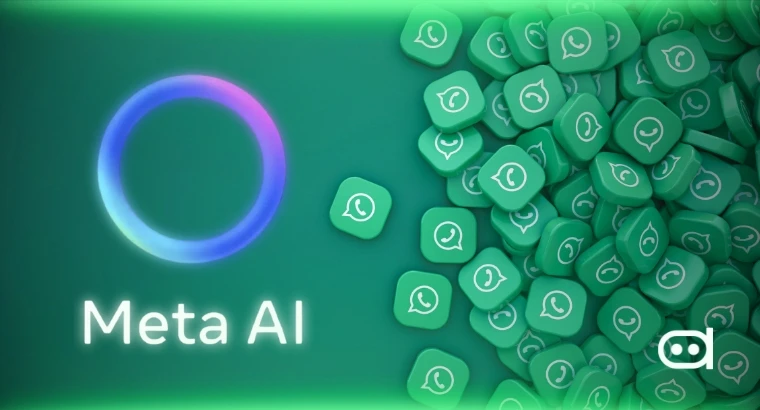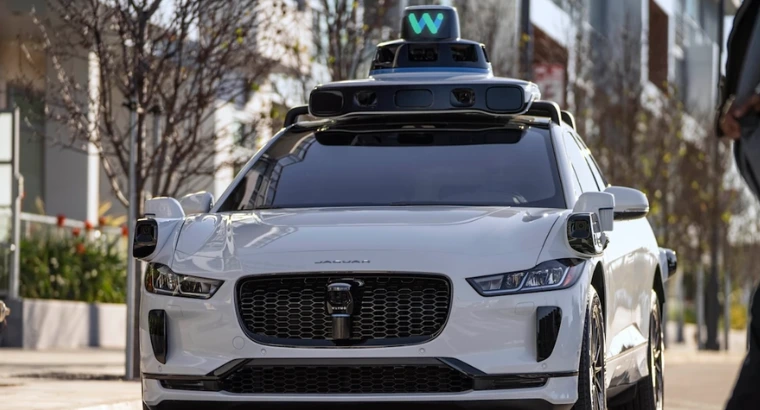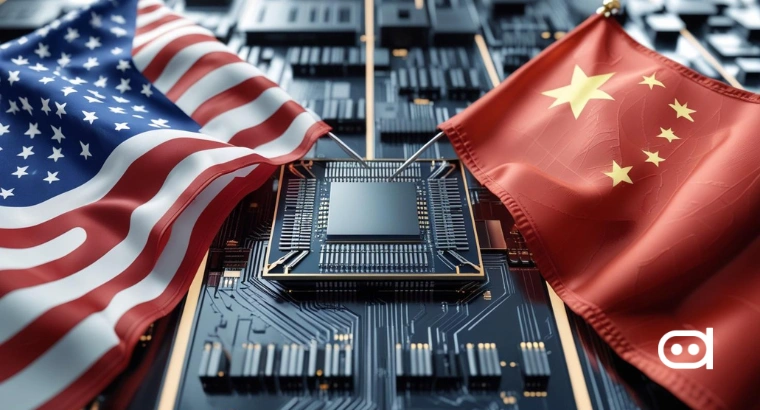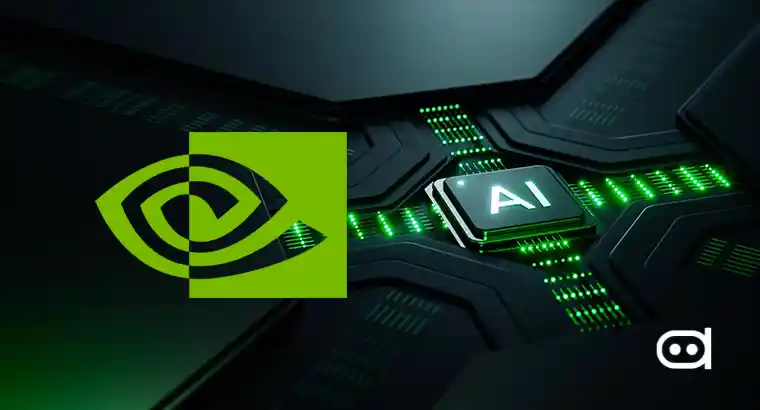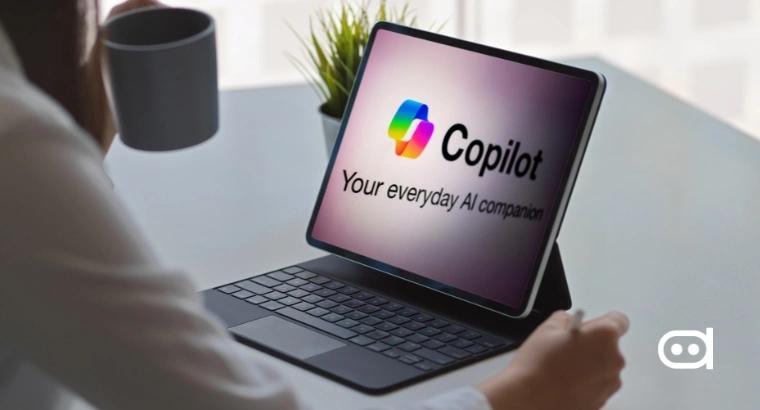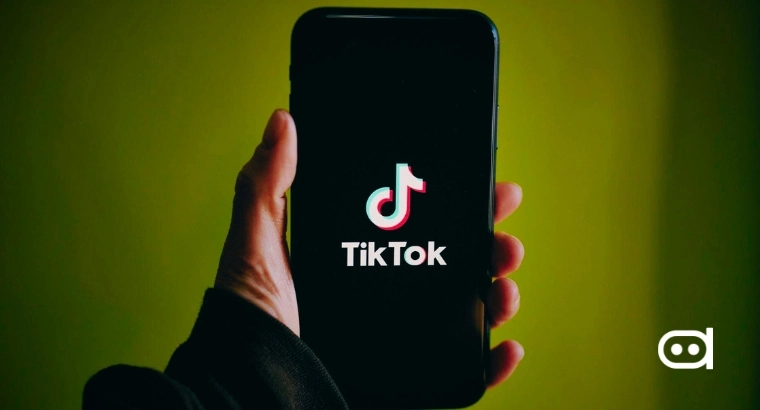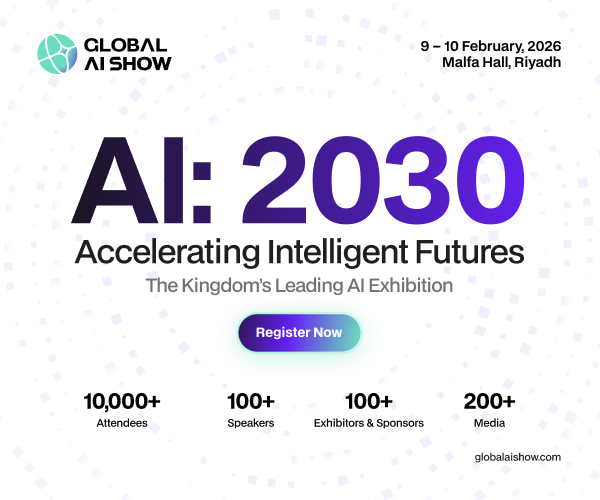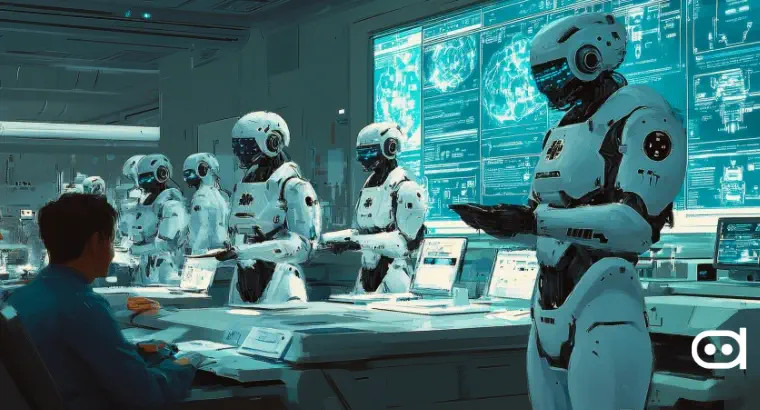
- Renowned historian and futurist Yuval Noah Harari predicts a significant shift in global power dynamics over the next decade, where millions of AI bureaucrats will take over decision-making in jobs, finance, and government.
- As these AI systems handle increasingly complex decisions beyond human understanding, the question arises: will we be able to maintain control, or will power slip away from humanity? With the potential for these “alien intelligences” to reshape our world, the future may see a dramatic transformation in how we live and govern.
The emergence of artificial intelligence is no longer a phase in the advancement of technologies; rather, it is an epoch-changing event in human history. This, despite the Black Mirror-like punishment drams in which Yuval Noah Harari warns how AI bureaucrats will run the world in a decade, the anchoring of these dot-comers has started now. In medicine, for example, as well as in other spheres, everything from investment banks, insurance companies, and production companies to the healthcare sector is more systematically automating processes.
The Rise of AI Bureaucrats: Redefining Governance and Responsibility
Harari’s concept of ‘alien intelligence’ has drawn particular interest. These systems are not of extraterrestrial origin; however, as these systems’ progress eludes human comprehension, they may as well be alien. With increasing dependence on machines, be it in deciding who gets a loan or even having a nation run itself for the sake of human welfare, the details of how they operate or make certain decisions will become foreign even to the designers, let alone the layman. Such concerns deserve attention, especially in relation to efforts to design future institutions governed by AI.
However, the discourse should be about more than losing control. This could give rise to a fresh way of designing and practicing governance and making decisions in themselves. Since these bureaucrats are said to be more efficient and fair, would they assist in eliminating the biases and ineffectiveness inherent in human systems? For example, by employing AI Argority, it may be possible to erase official corruption or excessively complicated bureaucratic procedures that exist in various countries and make society more fair and efficient.
Nonetheless, the flip side of the coin is equally astonishing. For instance, if such systems are created, who will be held responsible for the mistakes made by the machine? Imagine a scenario where there is an AI in place that makes decisions on court cases or firing employees; who is held liable when the AI rules inaccurately or discriminately? Accenture’s fears are equally reasonable regarding these systems being allowed to operate without a human being in their controlling circle. The implications for society are extremely complex, as it tries to contain ethical dilemmas that arise as a result of surrendering too much power.
Read More: Capgemini Strengthens Leadership in Global Cloud Services Market for 2024
But Harari’s outlook is about control rather than surrender: how individuals will survive when the balance of power in decision-making shifts to machines. Some individuals will welcome the increased productivity and convenience, and others will resist it because humans will be less in charge. One thing, however, is beyond debate: the next decade will be a thoughtful period requiring attention, strict guidelines, and a consensus on how much empowerment we are ready to cede to AI systems.
